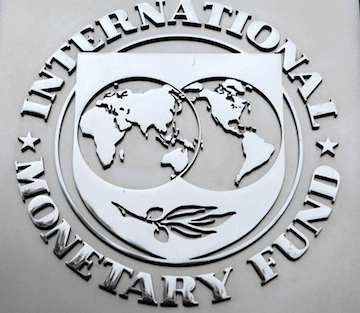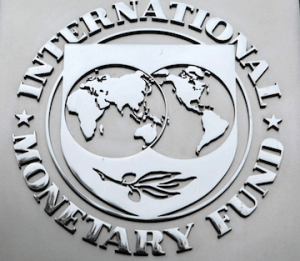

 The International Monetary Fund (IMF) has called on development banks and multilateral institutions to increase low interest rate finance for Africa’s climate change measures.
The International Monetary Fund (IMF) has called on development banks and multilateral institutions to increase low interest rate finance for Africa’s climate change measures.
Providing concessional finance to sub-Saharan Africa (SSA), the Fund said would help meet the climate financing needs and help accelerate green energy transition in the region.
As of 2020, SSA had received $15.7 billion in concessional climate finance, but needs $190bn for mitigation by 2030 and $50 billion per year in adaptation cost by 2050.
Speaking to the figures and current economic trends, Abebe Aemro Selassie, Director of the IMF’s African Department, said it had become urgent for development banks and multilateral institutions to shore up financing,
He was speaking at a press conference on the Sub-Saharan Africa Regional Economic Outlook – The Big Funding Squeeze, on Friday on the side-lines of the IMF/World Bank Group (WBG) 2023 Spring Meetings.
“Ensuring that important efforts to tackle climate change do not crowd out basic needs, like health and education. Climate finance provided by the international community must come on top of current aid flows,” Mr Selassie said.
He added that closing the gap required that the global community considers the critical need for concessional finance in helping the region address climate change and explores ways in which additional flows might be unlocked.
The report noted that local public resources were limited, due to practical limits on domestic revenue mobilisation, elevated debt levels, tighter global financial conditions, and rising borrowing costs.
It indicated that concessional finance, by itself, was unlikely to meet the region’s transition and adaptation needs as the amounts required to fund adaptation and mitigation was immense.
It, however, stated that concessional funding could play a critical role in expanding access to private sector capital by accelerating high-priority projects to help unlock private investment.
The Fund stated that concessional financing was also critical in ensuring risk-sharing arrangements that addressed the most pressing concerns of risk-averse investors.
It, therefore, called on the international community to scale up climate finance for the region, and take steps to ensure that committed funds were used swiftly and effectively.
Providing update on the region’s economic outlook, Mr Selassie said growth in SSA was expected to slow to 3.6 per cent as a “big funding squeeze,” tied to the drying up of aid and access to private finance hit the region.
This would be the second consecutive year of an aggregate decline in SSA growth, which the Director said posed dangers to essential development for countries in the region.
He said: “the shortage of funding would force countries to reduce fiscal resources for critical development like health, education, and infrastructure, holding the region back from developing its true potential.”
Source: GNA
The post Green transition requires more concessional climate finance for Africa – IMF appeared first on Ghana Business News.
Read Full Story







Facebook
Twitter
Pinterest
Instagram
Google+
YouTube
LinkedIn
RSS